Jerusalem is the capital city of Israel and one of its most important economic and cultural centers. The city’s economy is diverse and multifaceted, with various sectors contributing to its overall economic activity. Here is an overview of Jerusalem’s economic description:
- High-Tech Sector: Jerusalem has a growing high-tech industry, with numerous startups and established companies involved in fields like software development, cybersecurity, and medical technology. The presence of several research institutions, including the Hebrew University of Jerusalem, contributes to the innovation in this sector.
- Tourism: Tourism is a significant driver of the Jerusalem economy, as the city is a major religious and historical destination. Millions of tourists visit the city each year to explore its religious sites, historical landmarks, and cultural attractions. This sector provides jobs and income for many people in the city.
- Education and Research: Jerusalem is home to several prestigious educational and research institutions, including the Hebrew University of Jerusalem and the Technion-Israel Institute of Technology. These institutions support research and development activities, which contribute to the local economy and attract students and professionals to the city.
- Healthcare and Biotechnology: Jerusalem has a growing healthcare and biotechnology sector, with various hospitals and research centers specializing in medical research, pharmaceuticals, and biotechnology.
- Government and Public Services: As the capital city of Israel, Jerusalem is home to government offices and institutions. These government-related jobs and services play a significant role in the city’s economy.
- Manufacturing and Industry: Jerusalem has a diverse manufacturing and industrial sector, including food processing, electronics, and machinery production.
- Real Estate and Construction: The real estate and construction sectors have seen growth due to urban development projects, including the construction of new residential and commercial buildings.
- Arts and Culture: Jerusalem’s rich cultural heritage and vibrant arts scene, including galleries, theaters, and museums, contribute to the local economy, attracting both visitors and residents.
- Agriculture: Agriculture plays a role in the outskirts of Jerusalem, with some agricultural activities and vineyards in the surrounding areas.
Despite its economic diversity, it’s important to note that Jerusalem faces some unique challenges, including political tensions and religious sensitivities. These factors can affect the overall economic stability of the city and its development. Additionally, disparities in income and employment opportunities exist, with certain neighborhoods facing socioeconomic challenges.
Overall, Jerusalem’s economy is multifaceted, driven by a combination of technology, tourism, education, and culture, making it a significant economic hub in Israel. However, the city’s economic future is closely tied to broader political and regional dynamics, which can impact its growth and stability.

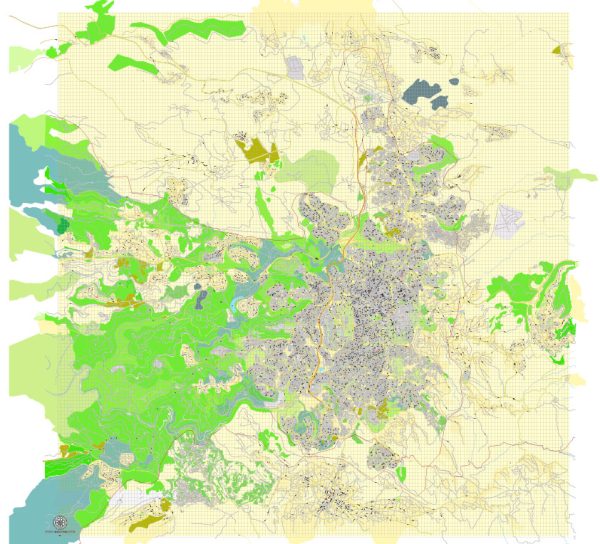
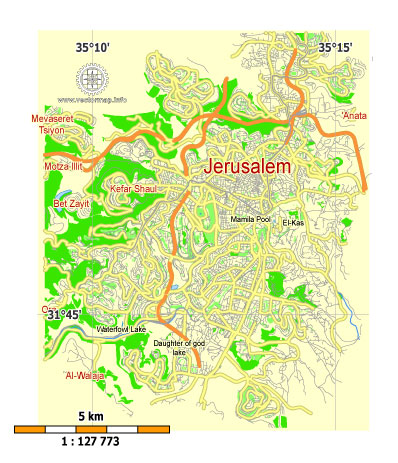
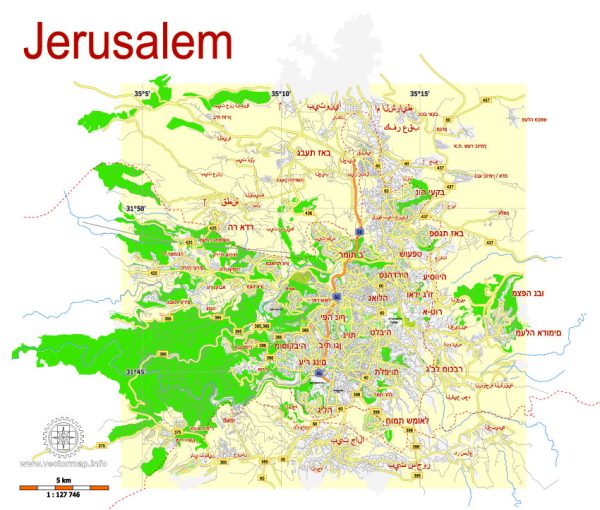
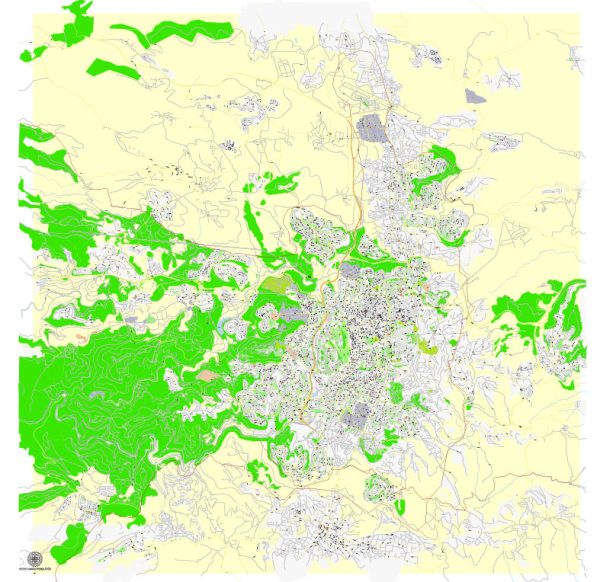
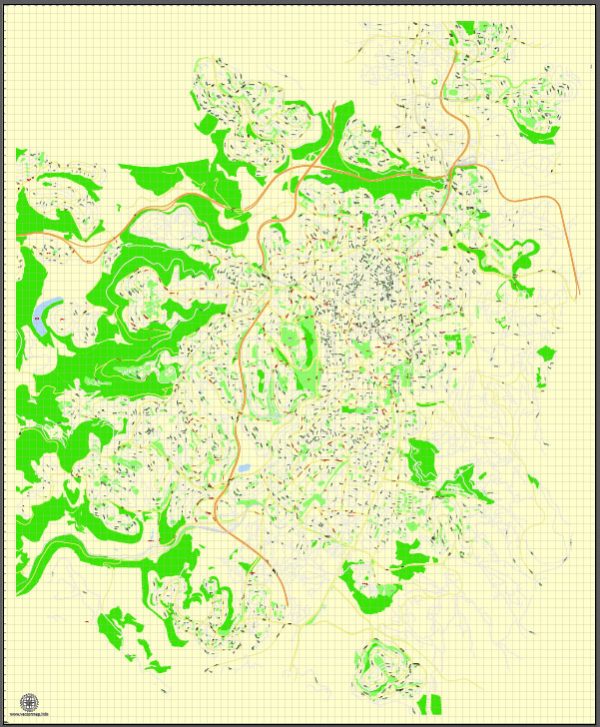
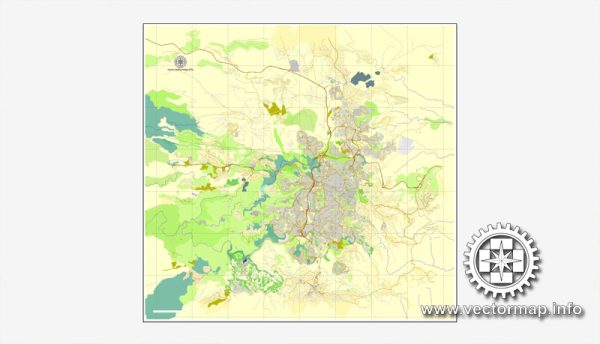
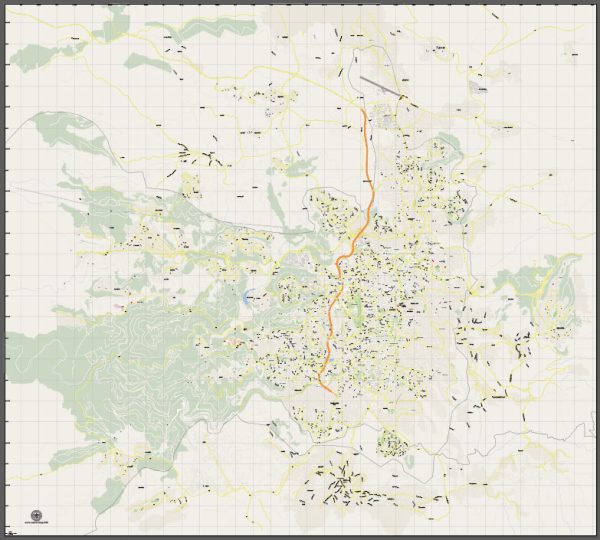
 Author: Kirill Shrayber, Ph.D. FRGS
Author: Kirill Shrayber, Ph.D. FRGS